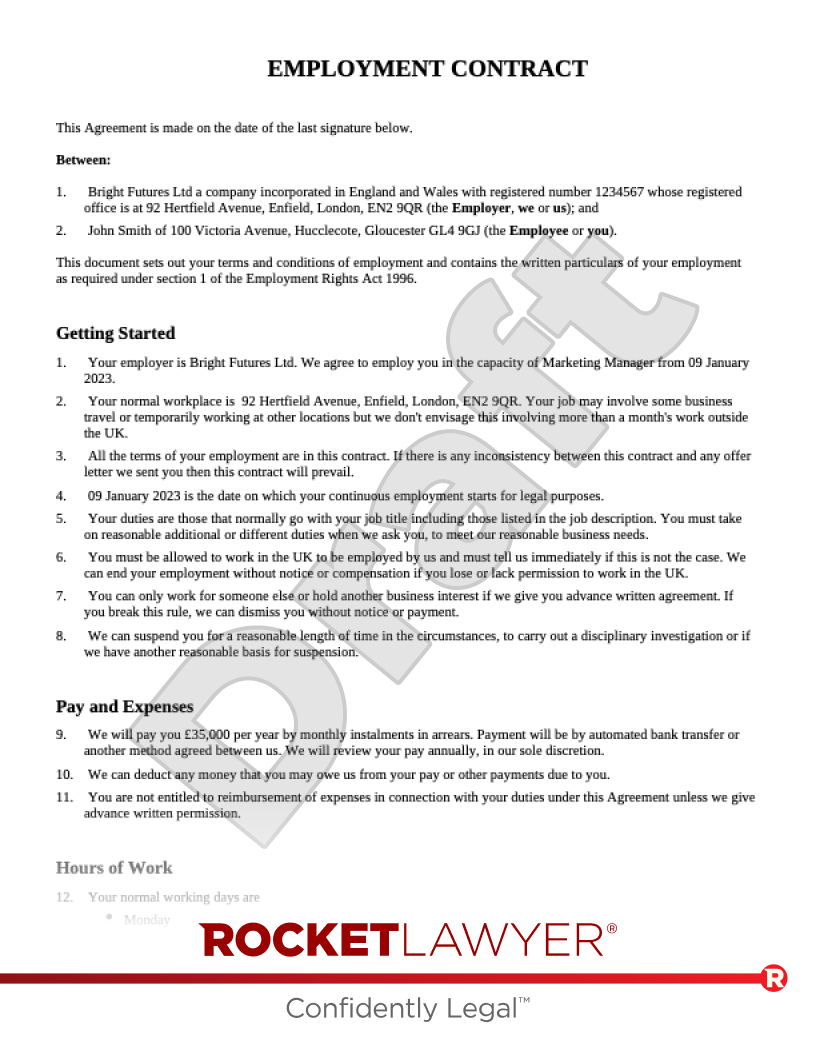What are the minimum ages children can work?
In the UK, the ages for working depend on the type of work a child will undertake.
Full-time work
Only children who have reached the minimum school leaving age are allowed to work full-time. In England, this date falls at the end of the school year once they have turned 16.
Under the Education Act 1966, children in England and Wales can leave school n the last Friday in June, provided they will be turning 16 by the end of that school year’s summer holidays.
In Scotland, under the Education (Scotland) Act 1980, this date depends on when in the year the child is born. Children born between 1 March and 30 September can leave school after 31 May of that year. Children born between 1 October and the end of February can leave school at the start of the Christmas holidays in that school year.
Children between 16 and 18 can work up to a maximum of 40 hours a week. Once they reach 18, adult employment rights and rules apply.
Part-time work
Children can work part-time if they’re over the age of 13. However, they generally can only undertake ‘light work’. This is considered work that is not:
-
likely to be harmful to the child’s safety, health or development
-
harmful to the child’s school attendance or participation in work experience
What exactly ‘light work’ is will typically be further defined in the local authority’s bylaws. Examples of light work may include:
-
newspaper rounds and delivering leaflets
-
working in coffee shops or restaurants (eg waiting tables but not in the kitchen)
-
working in shops (eg stacking shelves)
-
working in an office
Children under the age of 13 can work if they’re involved in performance work such as:
-
film and television
-
theatre performances and concerts
-
modelling
-
sporting events
-
other public performances with a paying audience or which take place on licensed premises
Children working in these areas will typically require a performance licence. See ‘Do children require performance licences and supervision?’ below for more information.
How much do children have to be paid?
Children who have not reached the minimum school leaving age are not entitled to the national minimum wage (NMW). This means that there is no set minimum hourly rate that children have to be paid. Furthermore, children under the minimum school leaving age do not pay National Insurance contributions and do not have to be included on their employer's payroll unless they earn in excess of their personal allowance.
Young people who have reached the minimum school leaving age are entitled to the relevant rate of the NMW.
Do children require performance licences and supervision?
Children who have not reached the minimum school leaving age may need a performance licence if they are undertaking performance work (eg films, theatre and modelling). The person in charge of the event or performance will need to apply for a child performance licence with the local council at least 21 days before it takes place.
A child under the minimum school leaving age also needs towill be accompanied by their parent, school teacher or home tutor at the event. If they will not be supervised by a parent, school teacher or home tutor, they must be supervised by a council- approved chaperone.
Is a child employment permit required?
Businesses that want to employ young people who have not reached the minimum school leaving age will generally need to apply for a child employment permit from their local council prior to hiring the child. This is not the case if this is work experience arranged by the school.
What are the restrictions on child employment?
There are various restrictions on the employment of children who have not reached the minimum school leaving age. For example, they are not allowed to work:
-
during school hours or before 7 am or after 7 pm
-
more than 2 hours on any school day
-
for more than 4 hours continuously without taking at least a one-hour break
-
more than 12 hours in any school week
-
in places such as factories, industrial sites, pubs and betting shops
There are more specific rules relating to term-time and school holidays. Certain council-specific by-laws must be complied with. If you’re considering employing a child, you should check with the local council's education department or education welfare service. Alternatively, you should Ask a lawyer.




